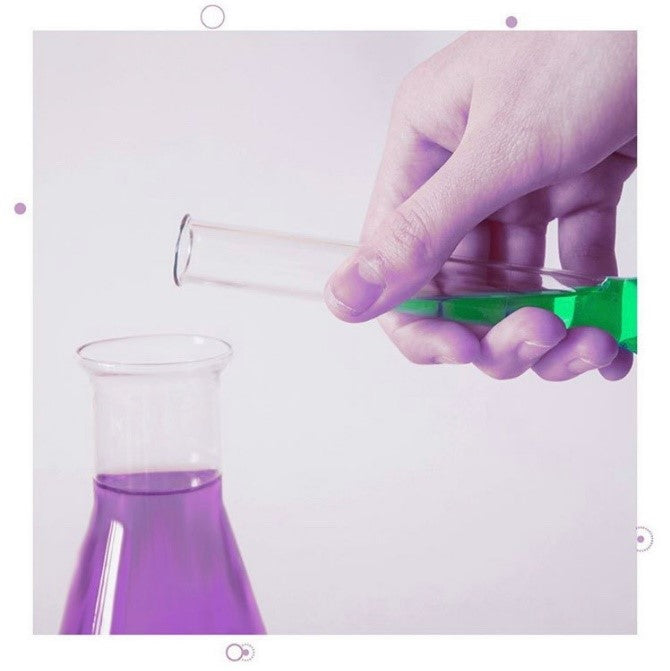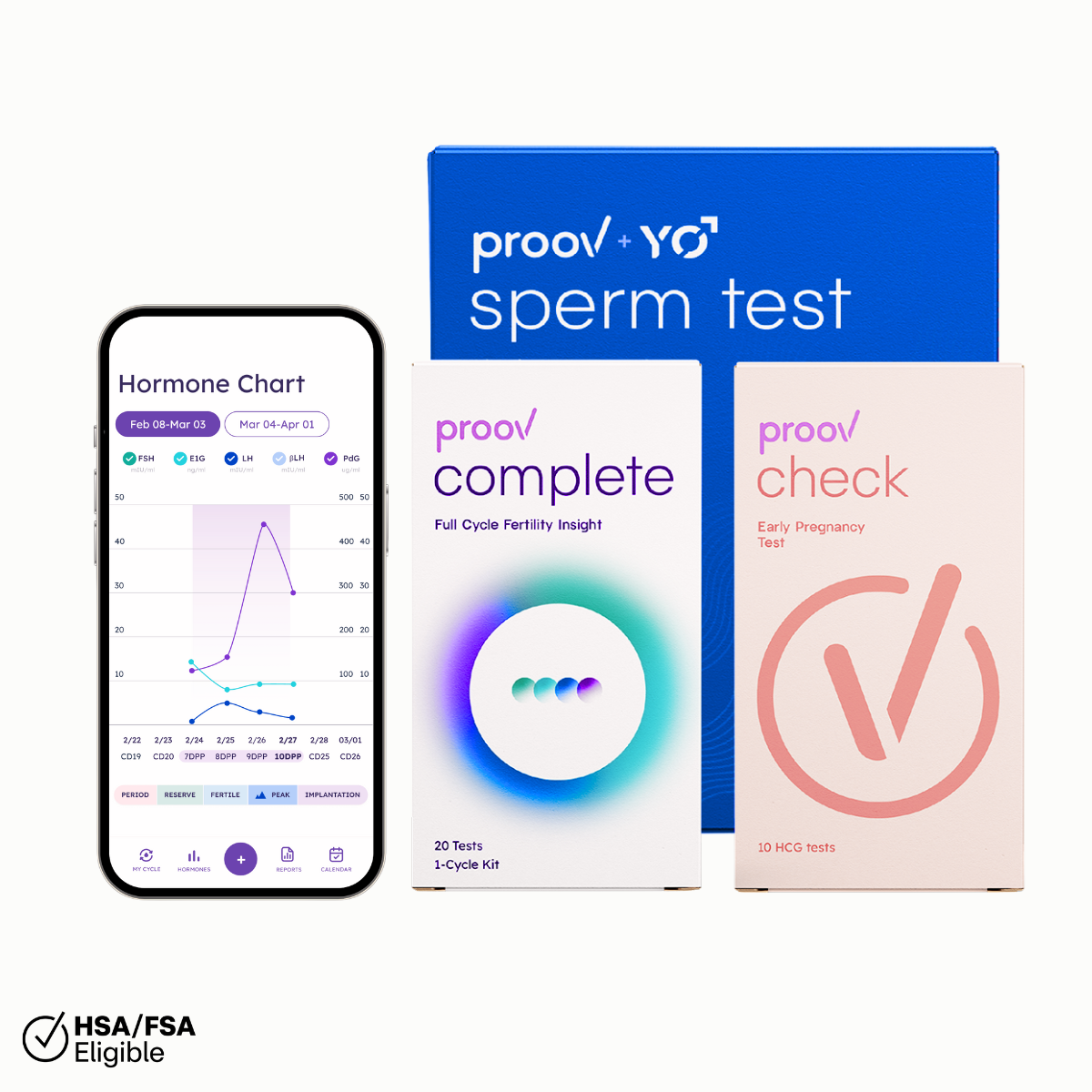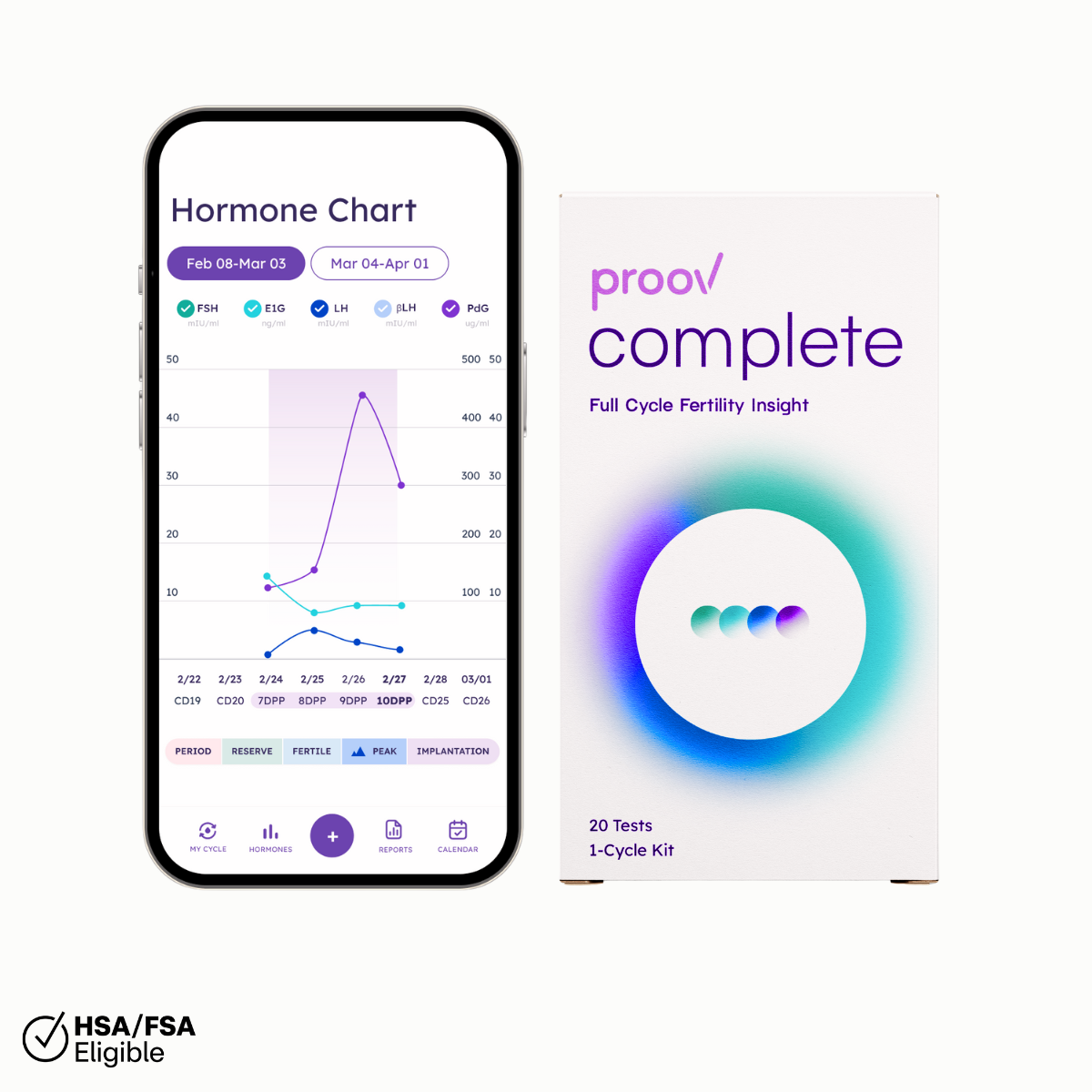By Dr. Aimee Eyvazzadeh, aka The Egg Whisperer, board certified OBGYN, specializing in infertility and reproductive endocrinology
“H” in TUSHY stands for hormone testing. One question I asks all my patients is: how many kids do you want? Based on your age, fertility levels and overall fertility screening data points, I can then guide you. My Egg Whisperer panel measures three critical hormones connected to your fertility. Lab testing for fertility patients also includes a preconception panel that includes other hormones like TSH and prolactin to name just two on her list.
What are hormones?
Hormones are chemical messengers in your body that are created in your endocrine glands. They control a lot of bodily functions, everything from hunger to your reproductive system. They also influence your emotions and mood — think about how you feel during PMS! Checking your reproductive hormones will help us understand your fertility in a personalized way.

Why you should get them checked:
Technology has empowered us to take action through apps that can track our sleep cycles, know how many calories we burn each day, remind us to stand up from our desks, and take walks
Now, it’s also possible to chart your fertility over time in order to understand our own personal reproductive potential and obstacles — this is the first step of preventive fertility care and personalized fertility medicine.
While age is really the best indicator of your egg quality and ability to get pregnant naturally, these hormone tests can provide you with a snapshot of the current state of your fertility. Then, if you continue to take these tests over time, you can learn how your fertility is tracking relative to your age. You can also learn if you have any flags for early menopause, a high chance of having Polycystic Ovarian Syndrome (PCOS), and where you are on the fertility meter — high, medium or low fertility.
How do you get them checked?
The Egg Whisperer Fertility Awareness Panel measures three critical hormones connected to your fertility. Antimüllerian hormone (AMH) is an indicator of how many eggs you may have left. Follicle Stimulating Hormone (FSH) is produced by your pituitary gland and signals your ovaries to release an egg every month. Estradiol (E2) is another female sex hormone produced in the ovaries that rises around ovulation. Together, these three hormones regulate your menstrual cycle and help your body conceive when you’re ready.
Okay, so what if you’re good to go on your egg count and quality and just looking to conceive naturally? As you may know, timing is everything.
The best time to have sex to conceive is during ovulation. Typically, mid-way through your menstrual cycle your body releases an egg that passes through the fallopian tube. If the timing is right, then a sperm may fertilize the egg on the way to the uterus.
However, not everyone ovulates on day 14. Using an ovulation predictor kit to pinpoint ovulation is helpful. But it’s also important understand that you ARE, in fact, ovulating and that you have enough progesterone to support conception. The Proov Test is reliable way to understand your ovulation through tracking progesterone. Progesterone is a hormone that is critical to conception, pregnancy and overall women’s health. Progesterone levels rise after ovulation occurs. You can also go to a fertility doctor like me and we can confirm you are ovulating by ultrasound and with blood work, but the Proov test is a great first step that you can use, at home for results in 5 minutes.
Our next TUSHY method blog will also be the last, as we’ll be learning about your genetic profile—the “Y” in TUSHY!













